AllEarth paid a total of about $4 million: $300,000 per car, plus parts and other related inventory valued at $400,000.
The RDCs “are in great shape. They’re like brand new,” AllEarth Renewables CEO David Blittersdorf told VermontBiz. He expected delivery of the cars to Vermont by early July at the latest, and anticipated using them for a demonstration service this fall, but had no target date to start regular revenue service. DART says it decided to dispose of the RDCs due to the expense of finding parts for and otherwise maintaining the average 63-year-old cars.
In spite of the cost of more than $1 million per car to rehab the RDCs, Blittersdorf said these costs pale in comparison to the projected $301 million to $363 million in upfront costs the Vermont Agency of Transportation estimated a St. Albans-Burlington-Montpelier service would cost. State transportation officials anticipated needing to buy new trainsets (six cars and a locomotive) for $27 million each.
“Using the RDCs, we can cut the costs tremendously. You take $300 million, and if you can get it down to $50 million, that’s huge,” Blittersdorf said. Though AllEarth would be among the few completely privately owned and operated commuter rail service in the U.S., it would need state assistance.
AllEarth Rail has just begun negotiations with the two regional freight railroads that would host the service, the independent Vermont Rail System and the New England Central Railroad, a Genesee & Wyoming subsidiary. Blittersdorf said AllEarth Rail was looking to connect Essex Junction (6.1 miles east of Burlington, currently served by Amtrak) to Montpelier first. The service would use the existing Amtrak stations at Essex Junction and Waterbury and an under-construction transit center in downtown Montpelier, but new station platforms would be needed at Middlesex and Richmond.





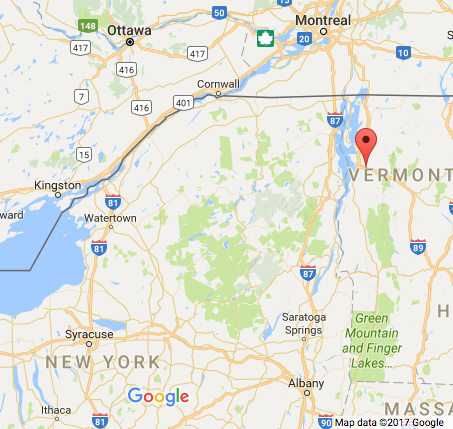

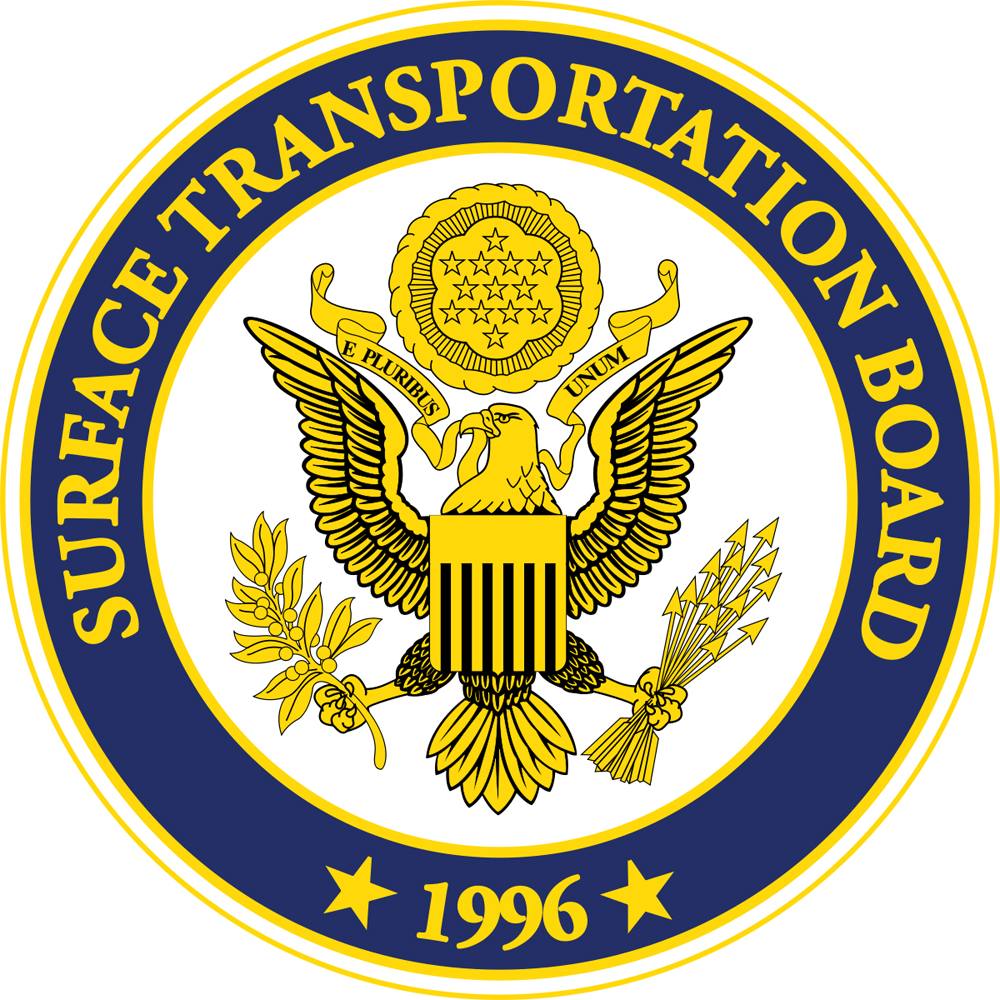
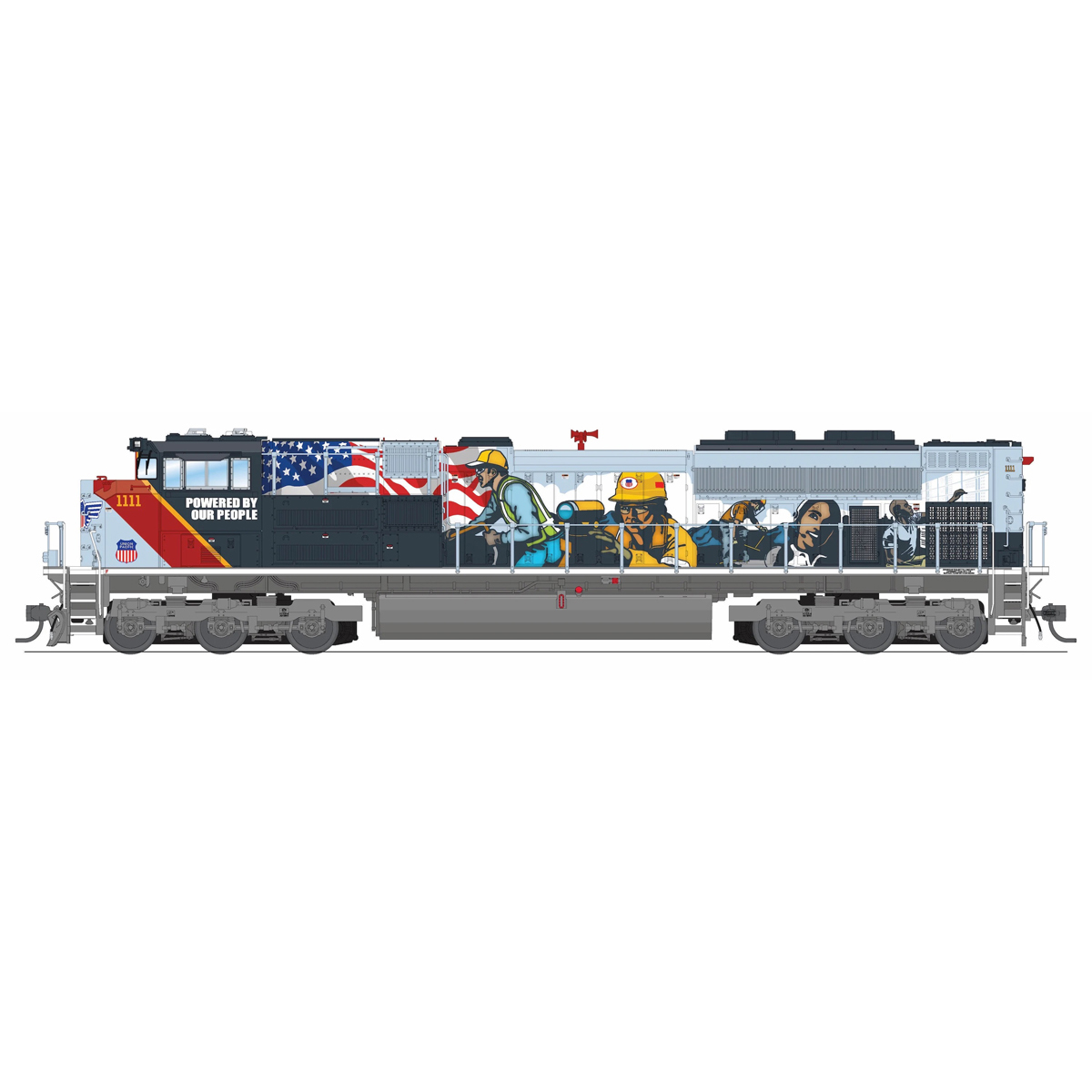
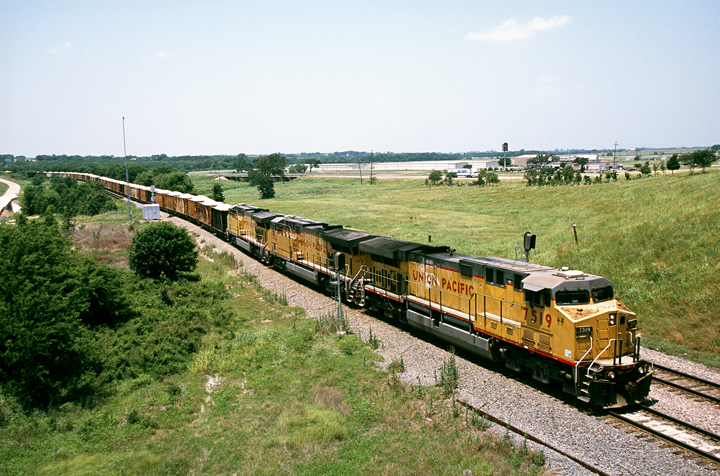
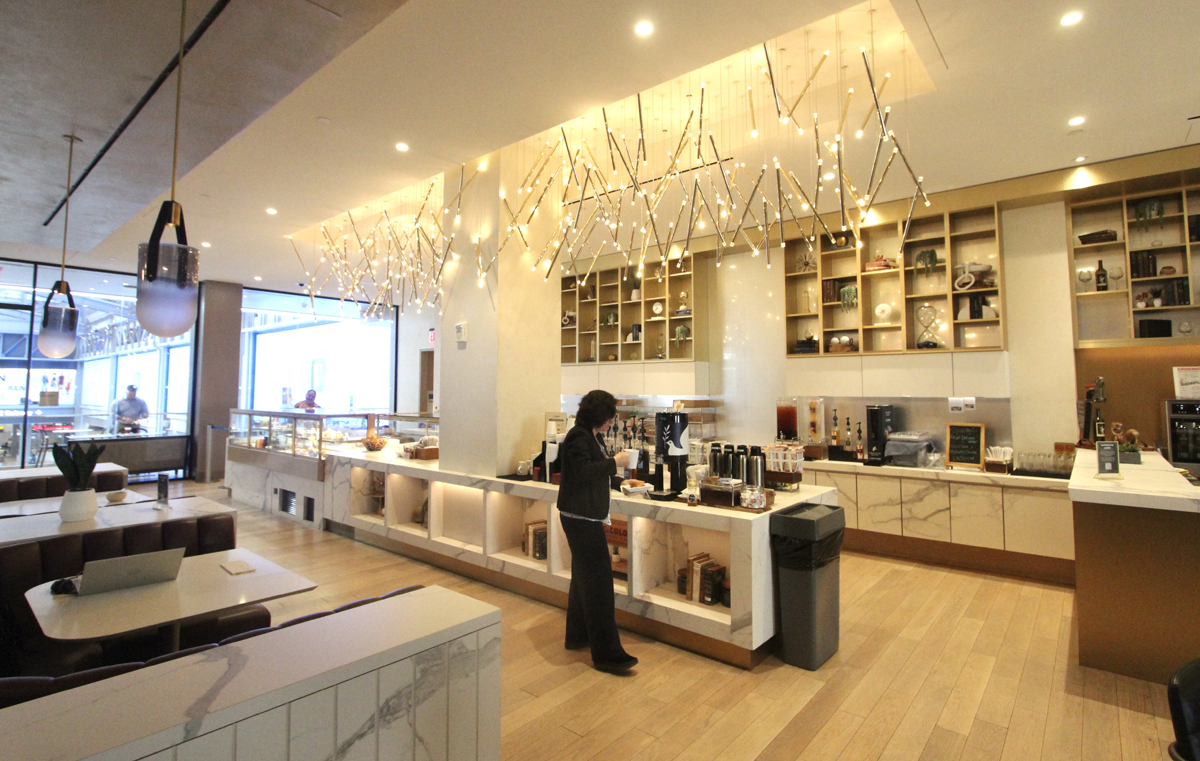




Perhaps the most interesting issue is that VIA expressed a desire to buy them back! I agree with Wayne that the design was great, and well-maintained [such as those from the Dallas/Fort Worth TRE] or repowered cars should be able to rival some of those “antique” steam engines and survive almost indefinitely. Not as museum pieces, but in revenue service!
The Budd RDC’s survive because they are “adaptable” and were built by railroad people for railroads who could still run passenger service at lower costs. The Boston and Maine Railroad (the largest fleet owner of record), New Haven Railroad, and Baltimore and Ohio Railroad, among others, provided needed service to both intra/intercity communities. They are simple to run, accelerate quickly, and can reverse direction in a matter of minutes. What’s to say that the powerplants can’t be converted to “battery packs” or use bio-fuels. Why re-invent the wheel when a little imagination can be applied. Kudos to the group for picking up a “steal” and re-purposing solid cars that can make average roadbed/track a good ride. The trucks are very forgiving..
Wayne Gagnon, B&MRRHS and Flying Yankee Restoration Group..
A much more complete version of this story is on-line at Vermont Business at http://vermontbiz.com/news/april/allearth-pays-4-million-commuter-rail-cars?utm_source=VBM+Mailing+List&utm_campaign=678e47a723-EMAIL_CAMPAIGN_2017_04_07&utm_medium=email&utm_term=0_85838110bc-678e47a723-286558149
These cars were used by TRE in Dallas-Fort Worth service 1996-2012 and also as the start-up cars for the A Train in the north suburbs of Dallas.
Two research reports of mine are posted by All Earth Rail and may be of interest to TRAINS readers. I am NOT an investor in this project, but have helped them with background papers on RDCs and DMUs.
Visit http://www.allearthrail.com/remarkable-budd-rail-diesel-car-rdc-resources and/or http://www.allearthrail.com/passenger-rail-equipment-options .
It will be very interesting to see if this project proceeds. In light of the lack of clarity from the Trump DOT regarding infrastructure, rail projects (see the CALTRAIN electrification debacle) and Amtrak the public/private aspect of this proposal may be to its advantage. Only time will tell.
Carl Fowler
President
CHF Rail Consulting LLC
I was looking for a comment that AllEarth Renewables would replace the diesel with a bank of batteries and put solar panels on the roof. Paul, VIA probably sold them to DART in the 1995-1996 time period. The story indicates they started running on DART in 1996.
At least they have a buyer lined up in case this flops.
Like George, I was looking for a renewable energy angle on this story. Who knows? Maybe the story will continue.
Did the Canadian RDCs sell in the recent past?